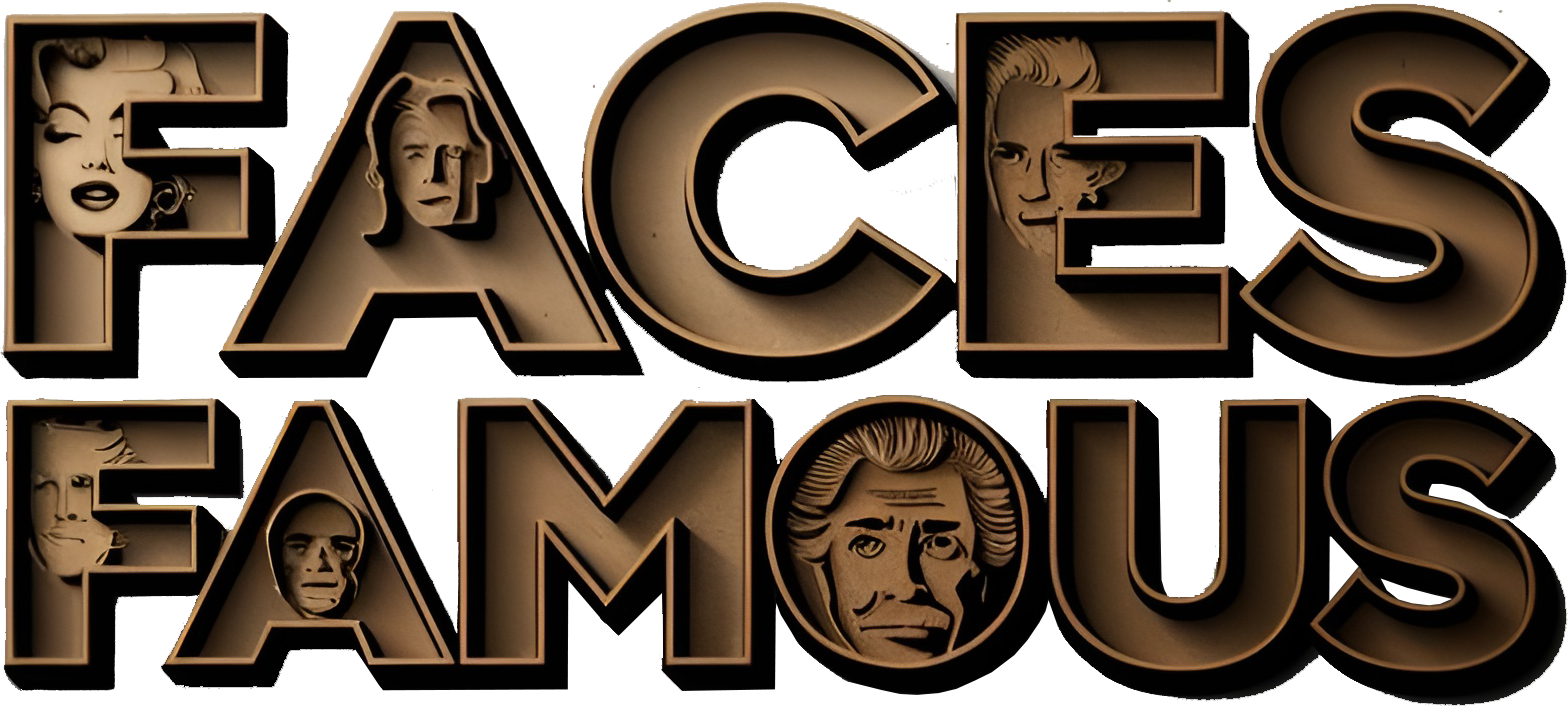Introduction
Taylor Swift, born December 13, 1989, in Reading, Pennsylvania, USA, is a globally renowned singer-songwriter, actress, and businesswoman. Known for her narrative songwriting, Swift has mastered multiple genres including country, pop, indie, and alternative. Her career, spanning over 17 years, has seen her evolve from a teenage country prodigy to one of the most influential and best-selling musicians of all time. Taylor Swift is not only a musical icon but also a cultural phenomenon, with a dedicated fanbase known as the “Swifties.” She has sold over 200 million records globally and has won numerous accolades, including 12 Grammy Awards.
Early Life and Musical Beginnings
Taylor Alison Swift was born to Andrea Swift (a marketing executive) and Scott Swift (a financial advisor). She developed a love for music early in life, influenced by country artists like Shania Twain and Dixie Chicks. At the age of nine, she began performing in local talent shows, and by 12, she had learned to play the guitar and started writing songs.
In pursuit of her music career, her family moved to Nashville, Tennessee, the hub of country music. There, Swift signed a deal with Big Machine Records at the age of 15. Her talent for songwriting and her relatable themes of teenage love, heartbreak, and life experiences quickly made her stand out.
Debut Album and Country Music Success
In 2006, Taylor Swift released her self-titled debut album, “Taylor Swift,” which featured hits like “Tim McGraw” and “Teardrops on My Guitar.” The album was a commercial success, eventually going platinum multiple times. Swift’s storytelling ability and country charm appealed to both younger and older audiences.
Her follow-up album, “Fearless” (2008), solidified her position in the music industry. Featuring chart-topping singles such as “Love Story” and “You Belong With Me,” Fearless became the best-selling album of 2009 in the U.S. and earned her her first Grammy Award for Album of the Year. At the time, she was the youngest artist ever to receive that honor.
Transition to Pop Music
Swift began experimenting with pop elements in her 2012 album “Red.” The single “We Are Never Ever Getting Back Together” became her first song to top the Billboard Hot 100 chart. Red showcased her ability to blend genres and write emotionally resonant songs.
In 2014, Taylor made a full-fledged transition to pop with the release of “1989,” named after her birth year. The album featured hit singles like “Shake It Off,” “Blank Space,” and “Style.” 1989 earned her another Grammy Award for Album of the Year and firmly established her as a global pop sensation.
Reputation and Reinvention
In 2017, Swift released “Reputation,” an album marked by themes of media scrutiny, betrayal, and personal growth. The lead single, “Look What You Made Me Do,” showed a darker, edgier side of Swift. The Reputation Stadium Tour in 2018 became the highest-grossing North American tour of all time.
Her next album, “Lover” (2019), marked a return to a brighter, more romantic tone. Featuring hits like “ME!” and “You Need to Calm Down,” Lover celebrated themes of love, identity, and acceptance.
Folklore and Evermore
In 2020, during the COVID-19 pandemic, Swift surprised fans with two indie-folk albums: “Folklore” and “Evermore.” These albums, featuring a more stripped-down and introspective sound, showcased her versatility. Folklore earned her another Grammy Award for Album of the Year, making her the first woman to win this award three times.
Reclaiming Her Work
Due to a dispute over the ownership of her master recordings, Swift decided to re-record her early albums, releasing them as “Taylor’s Version.” This endeavor began with “Fearless (Taylor’s Version)” in 2021 and “Red (Taylor’s Version)” later that year. The re-releases were praised for empowering artists’ rights and maintaining creative control over one’s work.
Midnights and The Eras Tour
In 2022, Swift released “Midnights,” an album exploring themes of insomnia, reflection, and self-exploration. The album’s lead single, “Anti-Hero,” became a massive hit, and Midnights broke multiple streaming records.
In 2023, she launched “The Eras Tour,” a retrospective tour celebrating her entire discography. The tour was a global phenomenon, breaking attendance and revenue records, and further solidifying her status as one of the world’s most powerful live performers.
Awards and Achievements
Taylor Swift’s illustrious career has earned her:
- 12 Grammy Awards (including 3 for Album of the Year)
- 34 Billboard Music Awards
- 14 MTV Video Music Awards
- Brit Awards, American Music Awards, and an Emmy Award
- Honorary Doctorate of Fine Arts from New York University (2022)
She has also been named to Time Magazine’s 100 Most Influential People list multiple times.
Impact and Legacy
Taylor Swift’s influence extends beyond music. She has made a significant cultural impact through her:
- Songwriting Excellence: Her ability to tell stories and connect emotionally with listeners has inspired a new generation of artists.
- Advocacy: Swift is an outspoken advocate for artists’ rights, LGBTQ+ rights, and gender equality.
- Philanthropy: She has donated millions to education, disaster relief, and COVID-19 relief efforts.
Conclusion
Taylor Swift’s career is a testament to her talent, resilience, and ability to adapt. From country beginnings to global pop stardom, her journey reflects not just musical growth, but also personal empowerment. Her work continues to resonate across generations, ensuring her place as one of the most influential artists in modern music history.



